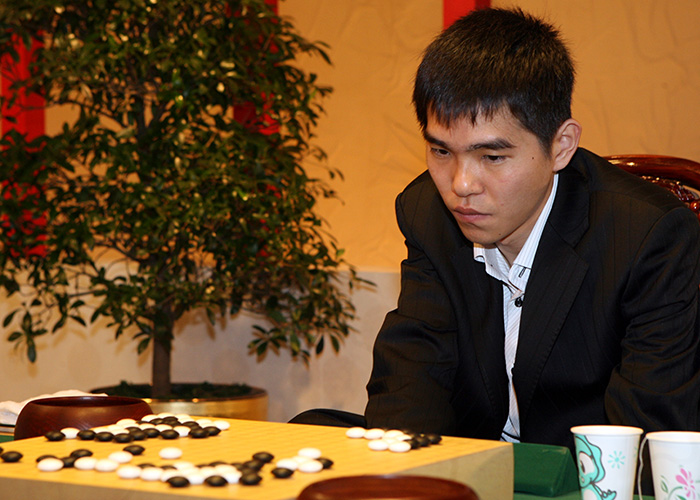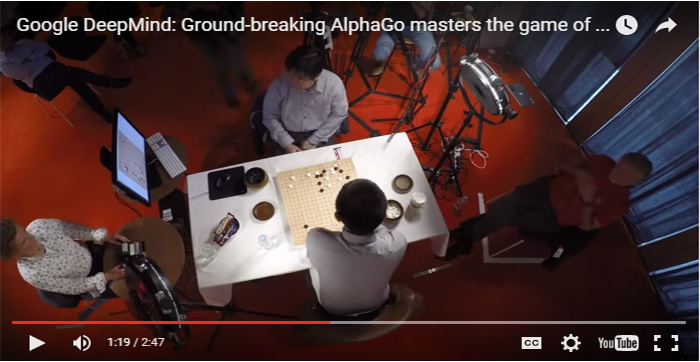
Lee Sedol, one of go's greatest players, will play five matches against Google's artificial intelligence AlphaGo program starting on March 9.
Lee Sedol (이세돌, 李世乭) is a professional baduk, or go, player with a rank of 9-dan (9-단). He's considered to be one of the game's greatest players and he now faces a series of upcoming matches against Google's artificial intelligence (AI) program AlphaGo starting on March 9 in Seoul.
Man and machine will compete for first place in the March contest. Lee Sedol accepted the challenge when the creators of AlphaGo proposed a match against the world champion after they recently beat the European baduk champion Fan Hui (2-dan).
Lee Sedol turned pro at the age of 12 after joining the Korea Baduk Association (한국기원) in 1995. By 2000, he had achieved 32 consecutive victories. With 15 victories at the international level, he now has a reputation as one of the strongest players of the past decade.
In a January interview with Nature, an international scientific journal, Lee Sedol said that he is "honored to have been given the opportunity to play against Google Deepmind's artificial intelligence." When asked about his chances of winning, he replied that he "accepted the challenge because the match will be an important milestone in the history of baduk," and he added that he is "confident that I will win."
A total of five matches will decide the outcome. The first match will take place in Seoul on March 9 and subsequent matches will follow on March 10, 12, 13 and 15. All games will be broadcast live on YouTube. There is a USD 1 million prize on the line for Lee, should he emerge victorious.
Lee's opponent, the program AlphaGo, is no easy match. AlphaGo combines an "advanced tree search with deep neural networks." The team at Google Deepmind trained the man-made neural networks on 30 million moves from games played by human experts. Through this process, AlphaGo learned how to discover new strategies for itself using a trial-and-error process known as reinforcement learning. With thousands of game strategies under its belt, the computer was able to beat Fan Hui 5-0 in a match held last year.

Go enthusiasts can find video footage of the match between AlphaGo and Fan Hui on Google Deepmind's official YouTube channel.
Baduk is, on average, a 150-move game that contains around 10 to the power of 170 possible board configurations, more than there are atoms in the universe. With so many possible outcomes, the game can't be solved by algorithms that search exhaustively for the best move. For this reason, a computer could only dream of beating an experienced, intuitive human mind at baduk. Until now, that is.
The AI that will take on Lee Sedol in the upcoming match does not sort through thousands of moves like other computers had previously done. Instead, it selects the best move by scanning a sample of simulated future games and interprets the moves to decide which strategies are likely to be successful. Due to this method of learning, AlphaGo is able to predict human moves 57 percent of the time, compared to the previous record of 44 percent.
Demis Hassabis, co-founder of Deepmind, the firm that created AlphaGo, said that he predicts a 50:50 chance of victory for both sides in the March contest.
By Lee Hana
Korea.net Staff Writer
Photo: Yonhap News
hlee10@korea.kr